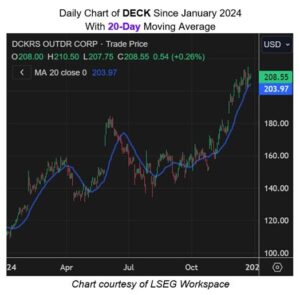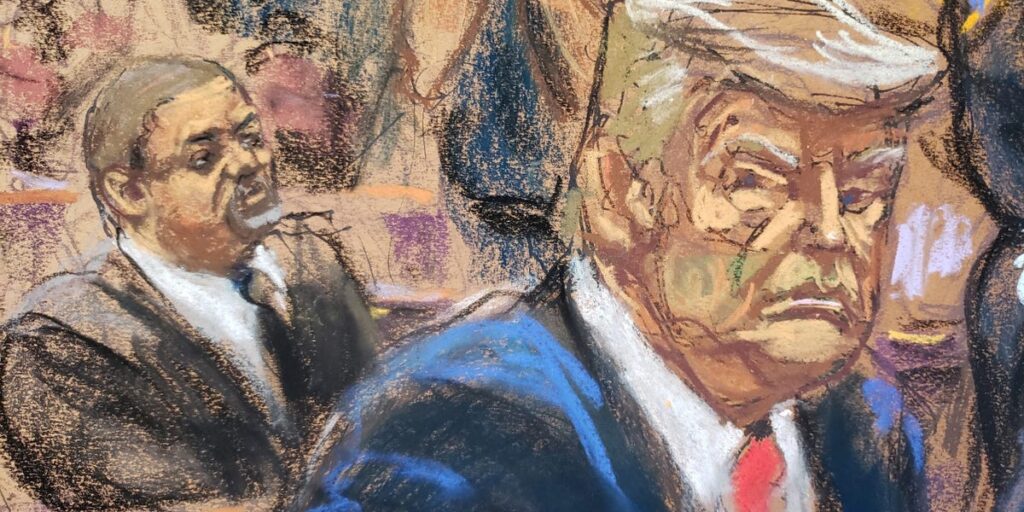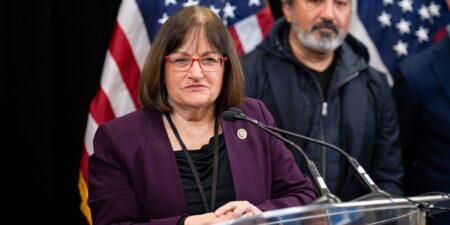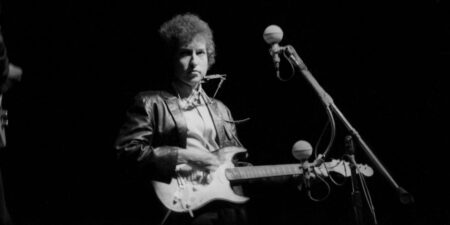- Trump’s felony hush-money sentencing had been scheduled for November 26.
- Trump’s election and SCOTUS-bestowed immunity wreaked havoc with that schedule.
- Prosecutors now say they’ll fight a defense bid to dismiss the case, and that fight will delay sentencing.
Manhattan prosecutors will fight to keep Donald Trump’s hush-money case alive, District Attorney Alvin Bragg said in a court filing on Tuesday.
The decision by prosecutors comes six months after Trump’s historic felony conviction and means Trump’s twice-delayed sentencing will now be moved again, into next month at the earliest, as a new battle is waged over whether the indictment can survive both a Supreme Court immunity decision and the Trump new status as president-elect.
“The People believe that the Court should set a motion schedule for Defendant’s forthcoming motion to dismiss, which the People intend to oppose,” the filing, signed by Bragg, says.
Since his decisive victory on Election Day, Trump’s November 26 sentencing date had remained on hold indefinitely, with his lawyers arguing that the case must be dismissed in the interest of justice to ensure Trump’s constitutionally protected freedom to govern.
On Tuesday, prosecutors revealed they will not throw in the towel on the case.
The defense is expected to continue pushing for the case to be jettisoned, leaving it to the judge, New York Supreme Court Justice Juan Merchan, to break the impasse, with just two months remaining until Trump’s inauguration.
In a letter last week, Merchan set a 10 a.m. Tuesday deadline for prosecutors to file papers stating “your view of appropriate steps going forward.” It’s unclear when the filing will be made public.
Until Tuesday, prosecutors gave scant sign of which way they were leaning.
In an email to the judge last week, one of the lead prosecutors, Matthew Colangelo, referred to the uniqueness of the case as “unprecedented circumstances.”
The office of Manhattan District Attorney Alvin Bragg is considering, on the one hand, “the Office of the President,” Colangelo wrote.
On the other hand, he wrote to the judge, is the competing interest of “a jury verdict of guilt following trial that has the presumption of regularity.”
Under New York state case law, “the presumption of regularity” presumes that judicial proceedings are conducted properly and sets a high burden for defendants to prove otherwise.
This is a breaking story. Please check back for developments.
Read the full article here
















